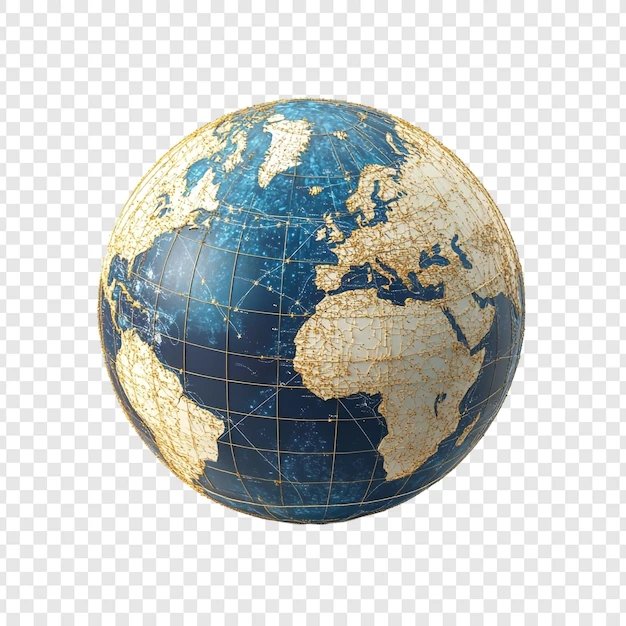A world without lies sounds like a dream come true. Imagine a place where everyone speaks the truth, governments, media, friends, and family. No more false promises, no more fake smiles, no more hidden agendas. On the surface, it seems like a perfect world. But if we look deeper, would it really be as perfect as it sounds?
Lies have been part of human nature for centuries. From childhood, we hear stories like "Santa Claus is real" or "The tooth fairy will visit you." These little lies bring joy and excitement to kids. As adults, we tell lies to protect feelings, avoid conflicts, or stay out of trouble. So, if lies disappeared, how would our relationships and society change?Imagine waking up in a world where everyone says exactly what they think. Your friend might tell you that your new haircut looks terrible. Your boss might openly admit that your job is not important to the company. Partners might confess when they find someone else attractive. The truth is often hard to handle, and while honesty is essential, blunt truth could cause more harm than good
Governments, too, would be forced to tell the truth. Citizens would know every political decision, hidden plan, and financial secret. Transparency sounds great, but would it create peace or panic? If people knew every potential risk or crisis, fear might spread faster than understanding. In fact, some lies, or half-truths, are told to maintain order and stability. However, let’s not ignore the damage that lies have caused in our world. Corruption, broken trust, failed relationships—these are the dark sides of deception. Lies, when used selfishly, destroy lives and societies. If honesty became a universal rule, trust would grow stronger. Relationships would be more genuine, governments more accountable, and businesses more ethical
So, what’s the solution? Maybe the goal shouldn't be a world without lies, but a world with responsible honesty. We should practice telling the truth with kindness. Instead of saying, "Your idea is bad," we can say, "I see potential here, but it might need some adjustments." This approach balances honesty with empathy. Lies often act as a social lubricant. In relationships, people sometimes tell small lies to protect their loved ones. For example, when someone asks, "Do I look good in this outfit?" a kind lie might be used to avoid hurting feelings. These small, harmless lies are different from the big, damaging ones like cheating or betrayal. If we eliminated all lies, would relationships become stronger or fall apart under the weight of brutal honesty?
In friendships, too, lies can sometimes maintain peace. Imagine a friend telling you every little thing they dislike about you. The truth might be honest, but it could damage the bond you share. Respectful honesty, delivered with care, can strengthen relationships more than complete, unfiltered truth. In the end, lies are not the real problem—our intentions are. Harmless lies that bring joy or protect others can sometimes be necessary. But harmful lies that deceive, manipulate, and hurt must be eliminated. A better world is possible, not through complete honesty alone, but through honesty guided by compassion.%%
A world without lies could be peaceful or chaotic—it all depends on how we manage the truth. We must learn to value honesty without losing empathy and to speak the truth while protecting the hearts of those we care about.
What about you? Would you choose a world of absolute truth, or do you think some lies are necessary for a peaceful life?
Let’s have the conversation if you are available


Well, in friendship lies can maintain peace, but for how long? And when once the Truth unveils don't you think it can destroy the friendship for life?